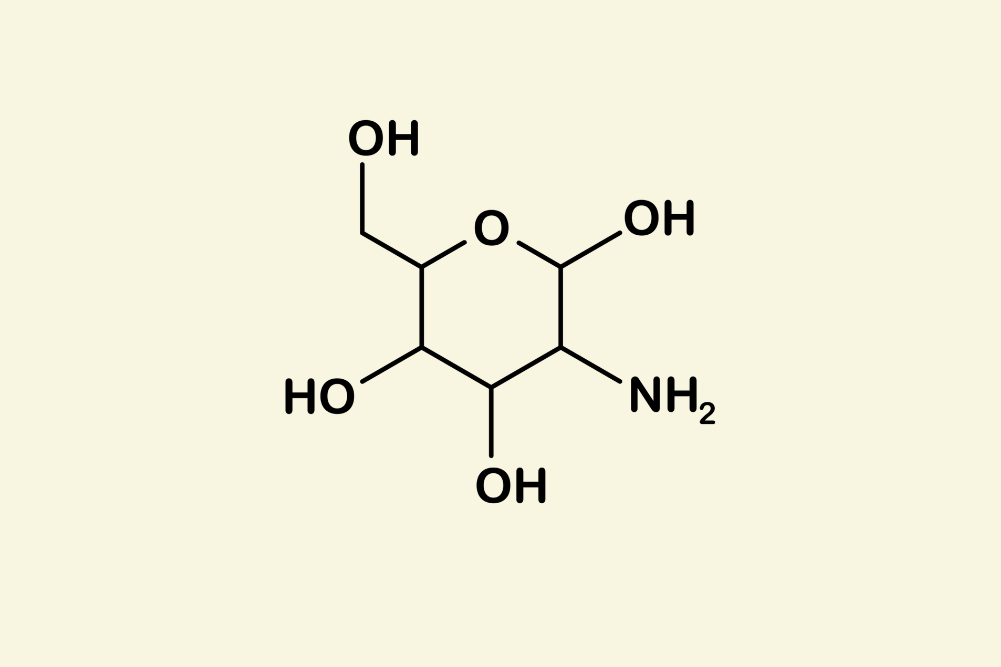Weight loss and burning fat
Your metabolism is your body’s powerhouse. It controls everything from your temperature and appetite to your body clock and weight loss. Your metabolic pathways influence a network of hormones and enzymes that work together in a process called “catabolism”. This is where food and kilojoules are broken down then transformed into fuel, which you burn to produce the energy that allows you to run for the train or come up with new ideas at your work think tank. With this energy, your body is also able to perform anabolism, a process whereby stored energy is used for things like the growth of new cells and tissue repair, and weight loss.
The speed of your metabolism at rest, known as your basal metabolic rate, or BMR, is influenced by your age (metabolism slows by about 5 per cent each decade after age 40), gender (men usually have a faster metabolism than women) and ratio of body fat to muscle. However, there are plenty of day-to-day habits that can assist your metabolism to work at full capacity 24/7 and aid weight loss. Adopting the appropriate lifestyle is the optimal way to shift your metabolic rate into top gear so you will burn more fat and kilojoules even when sleeping.
Small meals for weight loss
When you go long periods without food, your body switches into fat storage mode and conserves energy by burning fewer kilojoules, so your metabolism winds down. However, every time you eat, your metabolism speeds up to help digest the food. Your body is then reassured that it has enough fuel and switches off the “famine” safeguard mechanism so you don’t store fat, promoting weight loss. That’s why breakfast really is the most important meal of the day — it revs up your metabolism again after your long overnight fast – essential for weight loss.
Eating regularly — every three to four hours — is another good way to ensure your metabolism is firing at full speed all day, and a great weight loss tool. As long as you ensure your kilojoule intake doesn’t increase, regular healthy mini-meals may speed up your metabolism enough to promote weight loss. When choosing your food or snacks, make sure you include protein where possible. Not only does your metabolism speed up to digest foods such as fish, meat, eggs and lentils, but protein also helps to build muscle and keep it strong and aid weight loss.
Yoghurt is a good protein choice: a 2008 study involving the Imperial College in London found that different strains of Lactobacillus amplify the metabolic effects of bile acids, enhancing their ability to break down fats. Foods high in fibre, such as dark rye bread, also assist your metabolism to remain active because your body has to work harder to process them, increasing your BMR.
Spicy foods and weight loss
If you love hot, spicy food you’re in luck. Ingredients such as chillies, curry powder, Tabasco sauce and cayenne pepper cause little spikes in your metabolic rate. These foods contain capsaicin, which has been shown to slightly increase metabolism — that’s why you often get a flushed feeling after eating a spicy meal. Other blood-pumping ingredients that will wind up your metabolism and promote weight loss: a little include mustard and radishes.
Coffee and weight loss
Though caffeine gets a lot of bad press for supposedly being over-stimulating and dehydrating, studies show that a cup of coffee can mildly boost thermogenesis, a process whereby the body generates more heat, or energy, by increasing metabolism and aiding weight loss.
Exercise and weight loss
Add some weight training or resistance bands and dumbbells to your workout and you’ll build more muscle, which will make you a lean fat-burning machine and help with weight loss. Muscle tissue is more active than fat, so the more muscle you have, the more active your metabolism and the more kilojoules you burn, even at rest. Although 30 minutes of aerobics will initially burn more kilojoules than 30 minutes of weight training, in the hours after the exercise, the weight training has a more substantial and longer-lasting effect on boosting metabolism.
Water and weight loss
Being even mildly dehydrated can reduce your metabolism because your body slows down all functions, such as digestion, in order to conserve fluid. Research at the Franz-Volhard Clinical Research Center in Berlin found that metabolism of people increased by about 30 per cent within 10 minutes of drinking 17 ounces of water. The study concluded that increasing your water intake can help you burn more kilojoules and aid weight loss.
So hit the H20. Carry a big bottle of fresh, cool water in your bag or briefcase. When you’re working, studying, socialising or playing with your kids, serve yourself some water in an attractive glass. Aim to drink 1.5–2 litres a day to aid weight loss.
Air-conditioning and weight loss
Feeling hot or cold? Resist the temptation to switch on a heater or fan. Air-conditioning is not good for your BMR. Your metabolism speeds up to help your body adjust its temperature on a hot or cold day, especially in the case of cold weather because it has to work harder to keep itself warm, promoting weight loss.
Tea and weight loss
Next time you put on the kettle for a cuppa, reach for green tea instead of your usual brew. A study at the University of Geneva in Switzerland found that green tea can make the metabolism worker faster and more effectively, while also helping the body burn more fat. What’s the secret? Green tea contains natural chemicals called catechin polyphenols, which raise the rate at which calories are being burned and so increase the energy the body uses, aiding weight loss.
In the Swiss study, people who drank green tea and ate a normal diet containing 40 per cent fat enjoyed an increase of almost 5 per cent in the rate they burned kilojoules. For variation, try different flavours of green tea such as sencha, gyokuro and matcha for a weight loss boost.
Fish and weight loss
The more fish you eat, the more your body produces a hormone called leptin, which gives your metabolism a helping hand in breaking down kilojoules rather than storing them as fat, helping with weight loss. Researchers at the respected Mayo Clinic in America studied two African tribes — one that ate plenty of fish and one that did not — and found that the fish eaters had leptin levels almost five times higher.
Sex and weight loss
A passionate session between the sheets not only gives you the joy of touch and intimacy, but the cardiovascular workout prompts your brain to release more human growth hormone (HGH). This, in turn, helps build muscle (you know the drill — more muscle means you burn more fat), assisting weight loss.
While increasing metabolism, circulation and heart rate, sex also melts away about 1400 kilojoules an hour. So that telltale flush you get after making love is not only improving your mood, it is doing your health, heart and metabolism all manner of good for weight loss.
Weight loss and metabolomics
In the future, a bloodprick test may make it possible to measure hundreds of compounds in your body to determine which diet would most effectively boost your metabolism and promote weight loss. The emerging science of metabolomics recognises that different foods affect the biochemistry of individuals in a variety of ways and therefore personalised diet regimes may be the best way to sustain a healthy metabolism, weight and body.
Hormones and weight loss
The function of your metabolism for weight loss (and, in turn, your weight) is affected by a range of hormones in your body including:
- Insulin: This is involved in the transport of glucose into cells.
- Cortisol: Associated with stress and adrenal fatigue, cortisol is secreted by the adrenal glands. It thwarts communication between fat cells and insulin, leading to an increase in fat accumulation, particularly around the abdomen.
- Leptin: This hormone is synthesised within fat cells and assists with satiety. Ironically, leptin levels are excessively elevated in obese people and this leptin resistance is associated with weight gain. When a person becomes leptin resistant, leptin receptors throughout the body don’t receive the message that food consumption should stop.
- Ghrelin: Released by cells lining the stomach, this hormone stimulates appetite when levels of leptin fall too low.
- Human growth hormone (HGH) & DHEA (dehydroepiandrosterone): These steroid hormones increase metabolic function and excess amounts due to stress can have a “body-building” effect, which may give us a more beefed-up appearance, particularly in the trunk and abdomen. One reason our metabolism slows as we age is the decline in these hormone levels.
- Melatonin: This one regulates your hunger-time clock. Sleep deprivation disturbs melatonin production, which then influences leptin and ghrelin production, making you feel hungrier more often.
- Oestrogen and progesterone: An imbalance in the ratio of oestrogen to progesterone can trigger sugar cravings.
- Testosterone: Testosterone deficiency reduces the ability to build muscle mass.
- Thyroid hormones thyroxine (T4) and triiodothyronine (T3): Every cell in the body depends on thyroid hormones for regulation of their metabolism.







